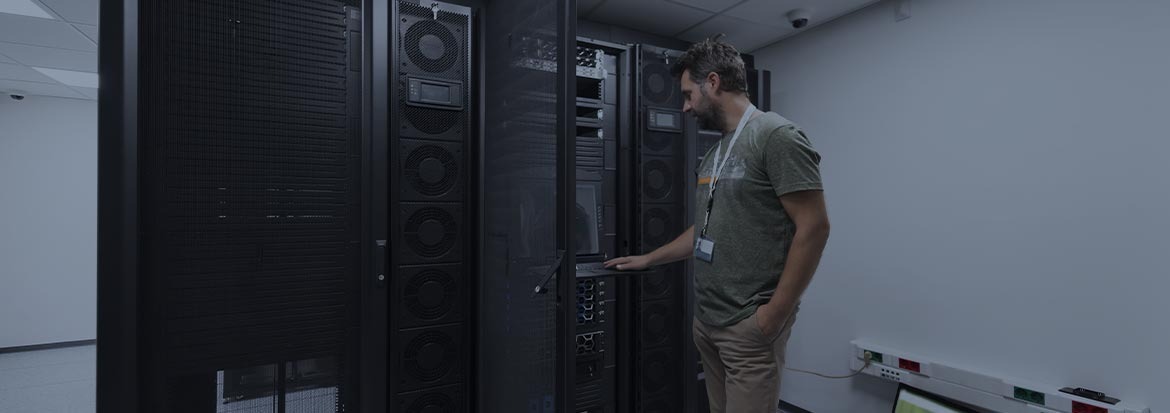
Cloud Computing
Cloud computing enables companies to use multiple digital tools such as hardware and software seamlessly over the Internet. Cloud providers are companies that offer a variety of cloud services. DigitalCook delivers quality cloud services to companies of different sizes and different natures.
Before the cloud, users would have to download applications and software and turn them locally on their physical computers. Cloud enables users to access these solutions easily over the Internet.
Cloud computing relies on remote machines, rather than on the machines currently in use. In the cloud computing, remote servers store and process information.
Cloud servers free up storage space and computing power for individual computers by remotely hosting software, databases, and platforms. At DigitalCook, we offer our users credential that they can use to access their cloud resources seamlessly and securely.
Why Migrate to the Cloud and Benefit from DigitalCook’s Services?
When adopting a cloud infrastructure through our services at DigitalCook, businesses can capture many benefits. Benefits of cloud computing include:
Fast deployment
Thanks to the cloud, developers can easily test and run their cloud applications in seconds. This significantly accelerates the software development process.
Automatic software upgrades
Software updates can be easily tested and deployed with automation. They can also be integrated and delivered in a cloud environment. This increases the speed of product innovation. It also makes more features available to users on a regular basis.The cloud environment enables integration with DevOps tools, improving system monitoring and detection of issues.
Efficiency and cost reduction
The cloud decreases costs significantly. Businesses don’t have to spend copious amounts of money on buying, installing, and maintaining expensive equipment. In addition, they don’t need to invest in data centers or hosting facilities since the cloud provider offers all that.
Furthermore, we offer you the expertise you need to handle your cloud operations seamlessly without causing downtime or disruptions.
Improve Security and Gain Flexibility
Data Security
Data security is an integral part of any organization’s IT system. Data breaches can be dangerous for a company’s reputation. Thanks to the cloud security features, you can guarantee your data’s safety.
Features such as permissions and access management with defined roles help decrease access to sensitive data. This limits the access to specific employees, reducing significantly the risks of attack.
Cloud storage providers employ specific security measures, including access control, authentication management, and encryption. Most organizations enhance these protections with their own additional security measures. This enhances cloud privacy and limits access to sensitive information in the cloud.
Scalability
Every company has different IT needs. IT needs in a large company with over 1000 employees are not the same as in a start-up. Cloud-based solutions are convenient for companies that have increasing bandwidth requirements. You can seamlessly increase your cloud resources without needing to invest in hardware infrastructure to accommodate your growing needs. This enables you to gain considerable advantage over your competitors.
This scalability minimizes risks associated with internal operational issues and maintenance activities. DigitalCook puts its powerful resources at your disposal for professional solutions, no upfront investment required.
Get in Touch with our Qualified Cloud Consultants
Benefit From the Expertise of our Certified Consultants
Our team of cloud consultants is trained, experienced and certified in:


